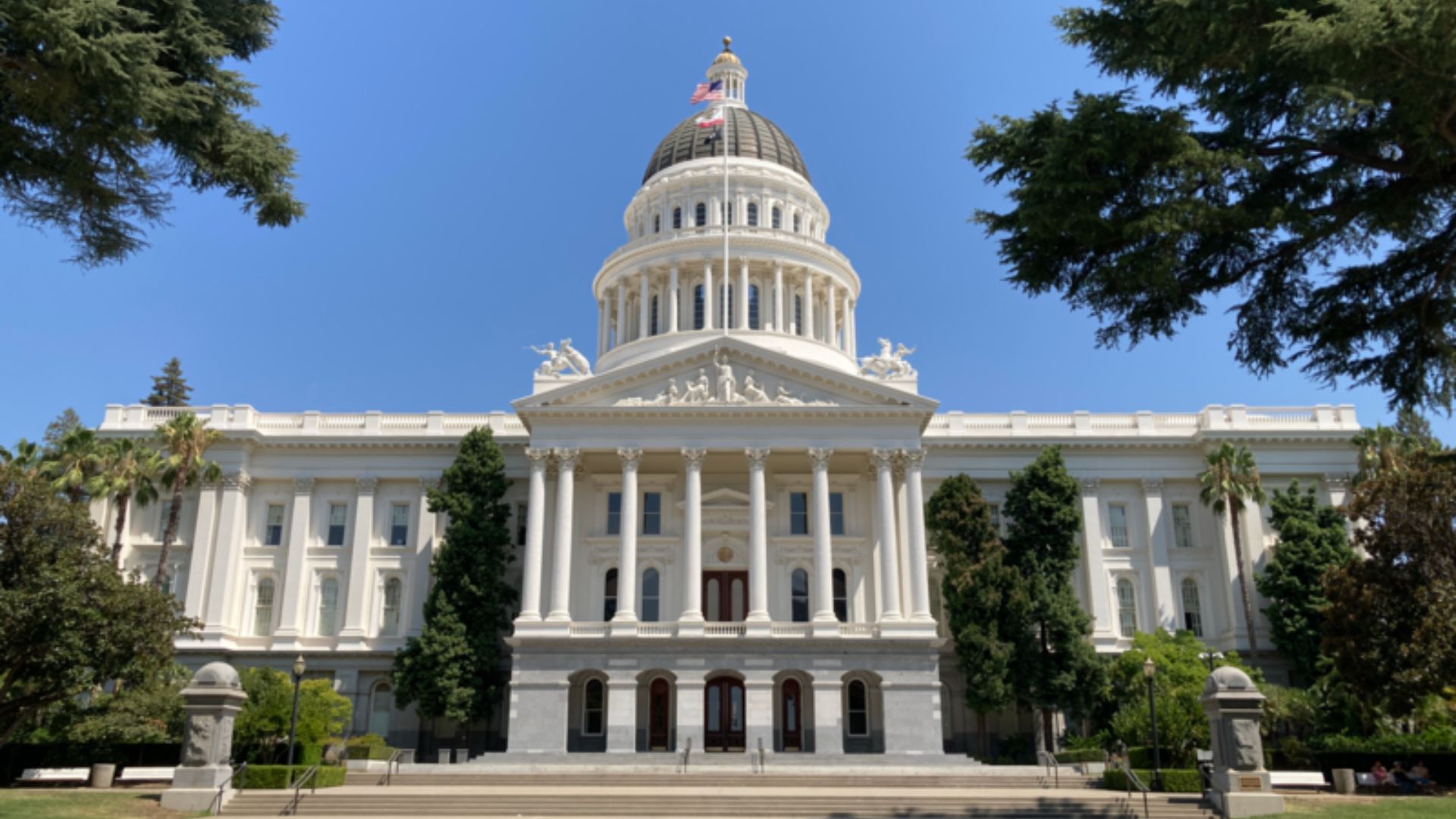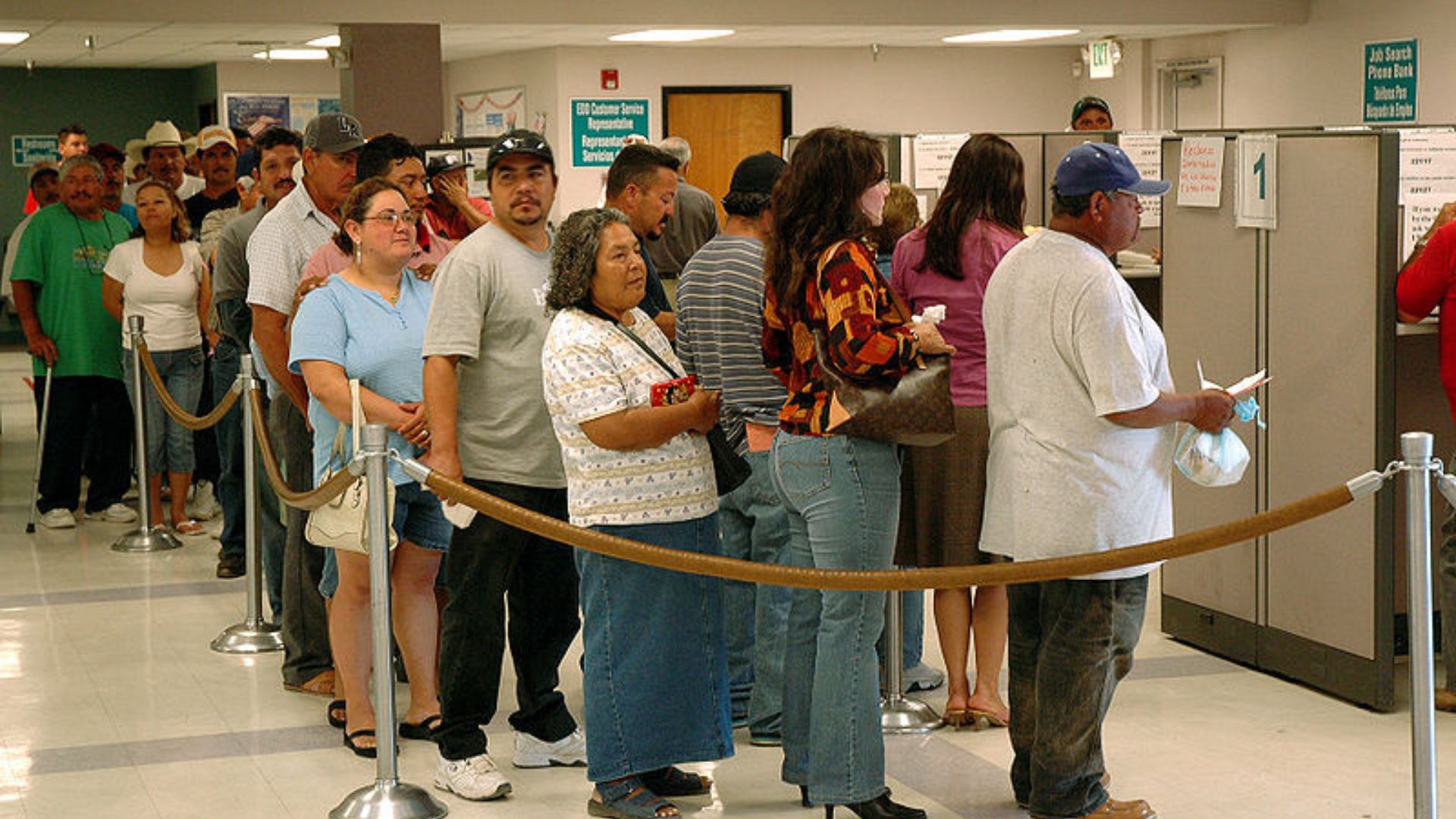A massive case of fraud has caused the California unemployment fund to become completely insolvent.
The $55 billion fraud and overpayments during the Covid-19 crisis has led to issues that businesses will not be responsible for.
The State Is in Massive Debt

Due to the misuse of funds during the recent pandemic and employment recession, California has found itself in $21 billion of debt to the federal government through unemployment loans.
A report by Center Square shows that the state is unable to repay this massive bill.
Seeking Loan Forgiveness To Cover Mistakes

The state is currently reviewing their options with loan forgiveness.
The Acting United States Secretary of Labor has the power to grant forgiveness to allow the state to brush the fraud under the rug. However, the current secretary of labor was also in charge of California’s labor department when the fraudulent payments occurred.
Increasing Unemployment Taxes To Cover Costs

Another way that the state can make up for the huge deficit is to increase taxes on unemployment earnings.
California has recommended quintupling taxes on unemployment insurance and doubling the taxes on unemployment benefits.
Massive Borrowing Has Resulted in This Issue

In 2020, California could no longer afford to pay out massive amounts of unemployment benefits.
The state borrowed roughly $17.8 billion from federal reserve funds to continue paying into the fund.
Unemployment Increasing in the State

The number of unemployed Californians is expected to reach 930,000 by the end of 2024.
The payments to these individuals are also expected to grow with an increase of $6.8 billion per year in benefits.
Program Declared Structurally Insolvent

Due to the massive $55 billion in fraud and the lengthy trail of overpayments to unemployed individuals, the state has been labeled structurally insolvent.
The state’s non-partisan Legislative Analyst’s Office made the difficult decision this week to stamp the program as non-functioning and unable to be repaid.
Unemployment Benefits To Exceed Contributions

The Legislative Analyst’s Office wrote about the issue in January. They expect that unemployment benefits will start to exceed contributions in the state.
Usually, benefit extractions only exceed contributions in times of extreme economic downturn. The pandemic and the current economic issues have both contributed to these issues.
Emergency Tax Increases in Employers

Part of the issue of California owing the federal government for so long is the emergency tax increase for employers in order for federal agencies to recoup their losses.
The taxes will affect each worker to the tune of about $21 per year and increase two-fold for each year that the loans are not repaid. Employees will be paying $105 in five years.
Growing Payments Still Not Enough

The taxes on individual employees will amount to around $400 million per year in revenue for the state.
However, the added funds are nowhere near enough to reduce the principal owed to federal agencies. The existing debt will most likely never be able to be repaid.
State Asking for Federal Forgiveness

In February of 2024, the state sent a letter to Julie Su, the acting U.S. Secretary of Labor to ask for total loan forgiveness.
Although no verdict has been made on the issue, California does expect to make some headway on total or partial forgiveness on their massive $55 billion paid in ineligible benefits.
State Not Agreeing on Raising Taxes

California State Sen. Maria Durazo, D-Los Angeles, put forth a new bill, SB 1434, to approve the increase in taxes to start to pay down the employment benefit debt.
However recently, Durazo canceled the bill which would have needed two thirds of the chamber to pass.








































